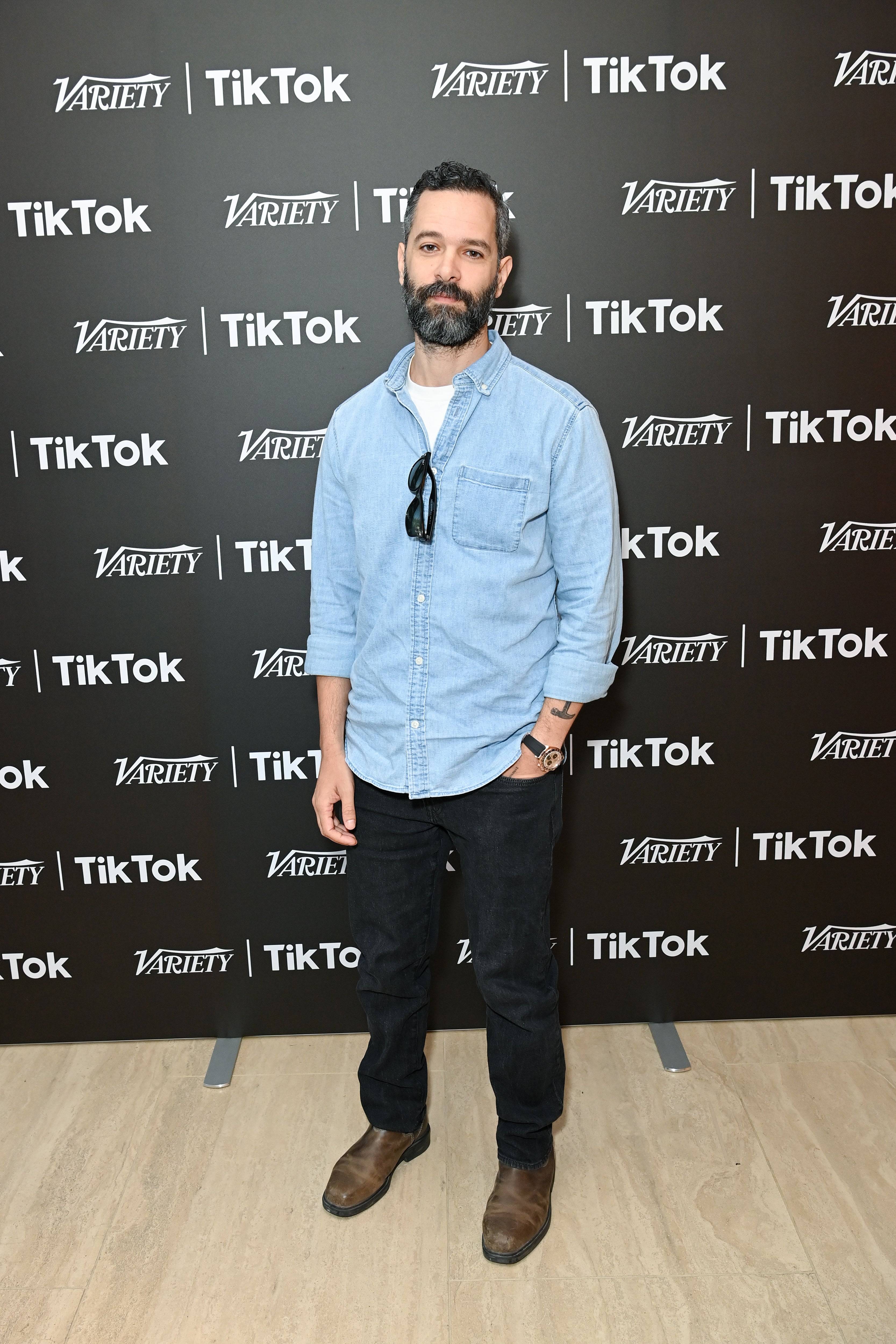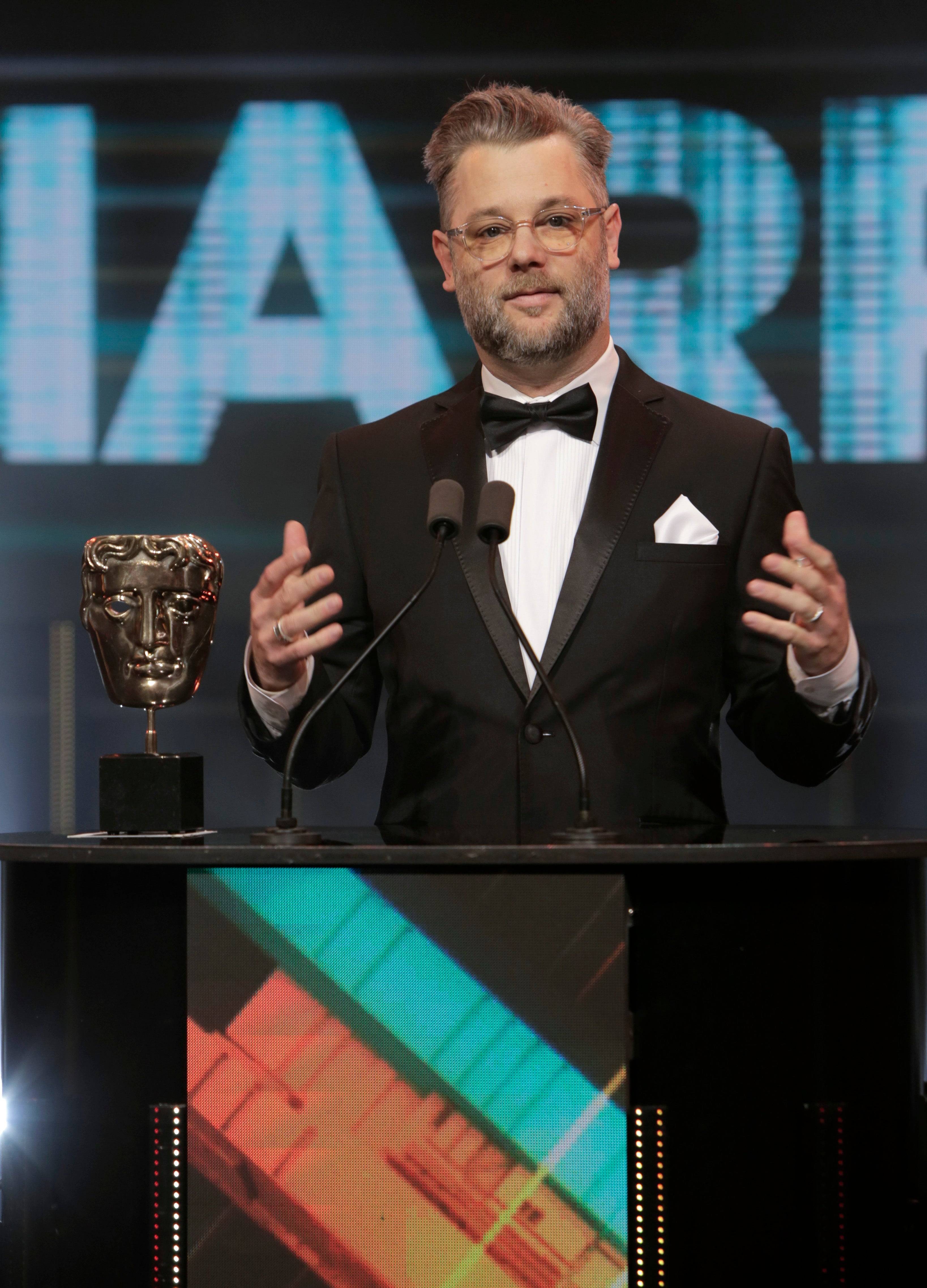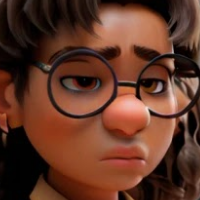by Gabriel Jul 16,2025
At this year’s DICE Summit in Las Vegas, Nevada, two of gaming’s most celebrated creative minds—Naughty Dog’s Neil Druckmann and Santa Monica Studio’s Cory Barlog—took the stage for a candid and deeply personal conversation about one of the most universal yet rarely discussed struggles in the industry: doubt.
Over the course of an hour-long fireside chat, the duo exchanged insights on navigating creative uncertainty, the pressure of sequels, and how they determine whether an idea truly works. The session also included responses to pre-submitted audience questions, including one that struck at the heart of long-form storytelling: “How do you and your teams approach character development across multiple games?”
Druckmann’s response was both unexpected and revealing. Despite his extensive experience with major franchises like *Uncharted* and *The Last of Us*, he admitted that he never plans beyond the current project.
“I never think about multiple games because the game in front of us is so all-consuming,” Druckmann explained. “I think you're jinxing yourself if you're already thinking about a sequel while working on the first game. When I was making *The Last of Us Part II*, sure, sometimes an idea would pop into my head for where it could go, but I always approach it as if I might never get to make another one. If there's a cool idea, I want to put it in the current game—not save it for later.”
He elaborated that when a sequel does come along, his method is retrospective rather than strategic. He looks back at what has already been done and asks which characters still have room to grow and which stories remain unresolved. “And if I feel like the answer is, ‘They can’t go anywhere,’ then I think, ‘Maybe we just kill them off.’”
He illustrated this by reflecting on the *Uncharted* series. “When we made *Uncharted 1*, we had no idea we’d be doing the train sequence from *Uncharted 2*, or where Nathan Drake would end up. We figured it out when we made *Uncharted 2*. And again with *Uncharted 3*, and again with *Uncharted 4*—each time looking back and asking, ‘How do we not repeat ourselves? Where else can this character go?’ If we don’t have a new answer, we ask ourselves if it’s time to move on.”

Barlog, on the other hand, revealed a completely different philosophy. He described himself as someone who thrives on long-term planning and interconnected narratives, often connecting ideas across a decade of work.
“I’m like Charlie Day with a conspiracy board, trying to tie everything together,” Barlog said. “There’s something magical about linking something you planted ten years ago with what you’re doing now—but it’s also incredibly stressful. Hundreds of people are involved, teams change over time, and new perspectives can challenge those early plans. Sometimes people look at your old ideas and say, ‘That was kind of dumb. Do we really want to follow through on that?’”
Druckmann responded with humility, admitting that such confidence in long-term vision isn’t something he possesses. “I just don’t have that level of certainty. I don’t know what’s going to happen five years from now, let alone ten. I prefer to focus on the next five days.”
The conversation shifted to broader themes of self-doubt, artistic fulfillment, and the emotional weight of leading creative projects. Druckmann shared a powerful moment involving actor Pedro Pascal during the production of *The Last of Us* TV series.
“One time I gave Pedro some direction, and he joked that he wasn’t sure about it. He asked me, ‘Do you like art?’ I got defensive and shot back, ‘Yeah, do you like art?’ And he said without missing a beat, ‘It’s the reason to wake up in the morning. It’s why I live and breathe.’ That stuck with me. Despite the stress, the panic attacks, the death threats, and the negativity—it’s all worth it because I love making games. It’s the reason to keep going.”

When Druckmann turned the question back to Barlog, asking when enough is enough—when the compulsion to create becomes too much—Barlog delivered a raw and honest reflection.
“Is it ever enough? No. It’s never enough. There’s a voice inside pushing you further and further. You struggle, you work, and it feels thankless. Then you finally reach the top of the mountain, and it’s both amazing and horrible at the same time. Because the demon in your head doesn’t let you enjoy the view—it just points to the next, taller mountain. You rarely take time to appreciate what you’ve achieved. It’s not intentional. It’s just part of who you are. You can’t stop. You drive yourself forward, even when it hurts.”
Druckmann agreed, though with a more reflective tone. He recalled advice from former Naughty Dog co-president Jason Rubin before his departure: that stepping away creates space for others to rise.
“Eventually, when I’m done, it’ll open opportunities for others. I’m slowly stepping back, getting less involved day-to-day. One day, I’ll remove myself entirely. I don’t know when, but I think about the doors that will open for the next generation of creators.”
Barlog closed the session with a wry smile: “Very convincing. I’m going to retire.”
Mobile Legends: January 2025 Redeem Codes Released
Pokemon TCG Pocket: Paralyzed, Explained (& All Cards with ‘Paralyze’ Ability)
Android Action-Defense
Brutal Hack And Slash Platformer Blasphemous Is Coming To Mobile, Pre-Registration Now Live
Pokémon TCG Pocket Is Dropping a Trade Feature and Space-Time Smackdown Expansion Soon
Mythical Island Debuts in Pokemon TCG, Time Revealed
GWENT: Top 5 Decks for 2025 - Strategies Revealed
Marvel Rivals Showcases New Midtown Map

Labo Christmas Train Game:Kids
Download
Lucky Lady's Charm Deluxe Slot
Download
Vô Cực Đại Chiến
Download
Lunch with Ronan mod
Download
Diamond Deluxe Casino - Free Slot Machines
Download
Shopping Mall 3D Mod
Download
Priya’s Awakening
Download
Flight Pilot: 3D Simulator
Download
Flight Pilot: 3D Simulator
Download